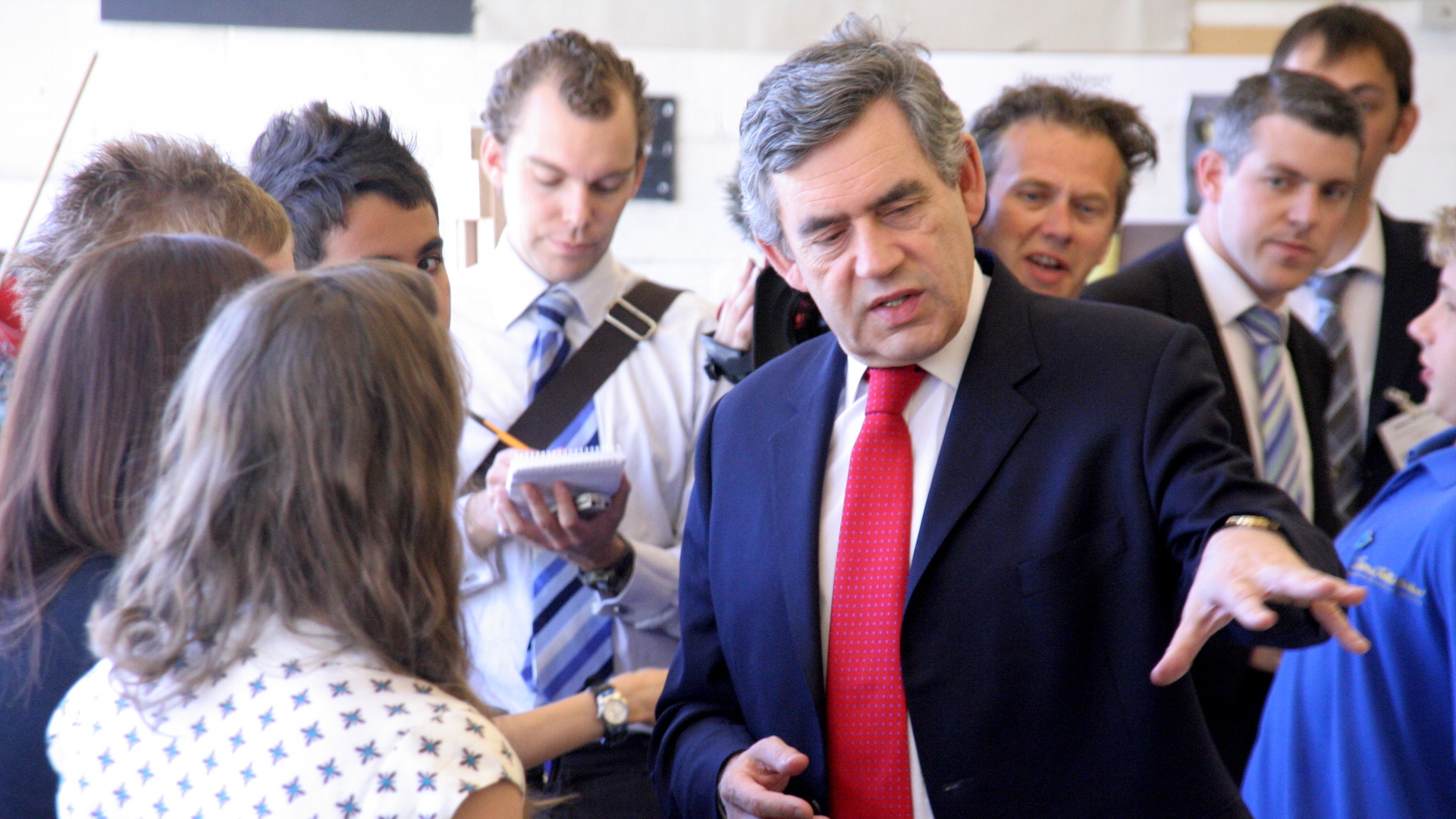It was always my dream that homelessness would be wiped out in this generation. No one should be forced on to the streets. But I’m sensing that our benefits system is now doing just that. It’s not just that benefits are too low for families to make ends meet as fuel and food bills soar. It’s that during the worst winter in living memory for millions, the Department for Work and Pensions are persisting with a policy that penalises the most vulnerable – syphoning off deductions from already low benefits – and causing destitution. Take a single person on Universal Credit who receives £77 a week after rent. That’s just £11 a day, with – if they can get it – a top-up this winter of £3.98 towards the cost of their heating. That means living on an income of just under £15 a day.
But first gas and electricity has to be paid and, usually, around £1.59 for council tax and water. And if the Department for Work and Pensions deducts 25 per cent, only £3-£4 a day is left for food and all other necessities. When the Minimum Income Standards team at Loughborough University made the above estimates they found a total of £34.05 is the bare minimum really needed each week to cover everything, including food, telecoms, travel, furnishings, clothes, laundry, soap, toothpaste and toilet rolls. That’s almost 50 per cent more than currently received.
So, for too many on benefits, it means when anything breaks down – like a cooker, fridge or TV – they cannot be repaired because the call-out and repair costs are too high. It means too that beds, bedding and carpets can never be afforded – and homes are falling into disrepair. And it means that toothpaste, soap, toilet rolls – let alone nappies and hygiene products – are becoming luxury goods.
And there’s an understandable explanation as to why things are getting worse: most people are in debt from day one of receiving Universal Credit. Because Universal Credit is paid in arrears, claimants have often racked up five weeks of debt even before they get their first official payment. And that means millions are having to see 20-30 per cent deducted from their benefits to pay back money which they should never have had to borrow and at a time when, clearly, they cannot afford the repayments.
- “It’s a hellish system”: the reality of life on Universal Credit
- Universal Credit “should be modified to reduce mental health harms”
- Diary of a food bank manager: Community initiatives are just plugging gaps in the system
And that means the government is passing the buck: to charities who cannot cope; to voluntary organisations formed for different purposes; and to foodbanks who openly say they shouldn’t have to exist and that they are in business to do themselves out of business as soon as possible.
During the first phase of Covid, the government relented and paused these deductions. And although they have discouraged utility companies and others from using benefit deductions to secure repayments, too many people are in dire straits today because they’re losing almost a third of due benefits in deductions.










